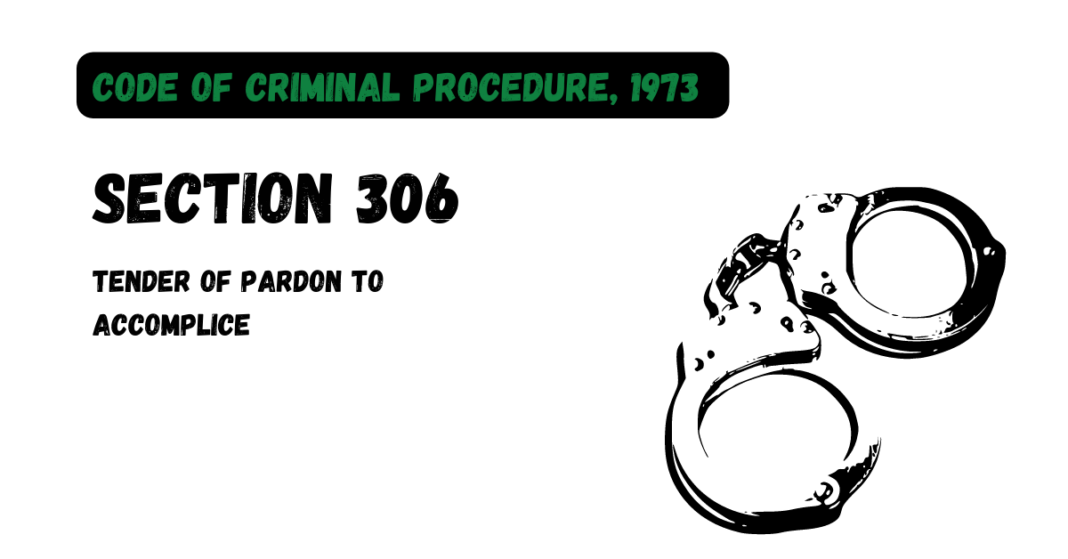(1) With a view to obtaining the evidence of any person supposed to have been directly or indirectly concerned in or privy to an offence to which this section applies, the Chief Judicial Magistrate or a Metropolitan Magistrate at any stage of the investigation or inquiry into, or the trial of, the offence, and the Magistrate of the first class inquiring into or trying the offence, at any stage of the inquiry or trial, may tender a pardon to such person on condition of his making a full and true disclosure of the whole of the circumstances within his knowledge relative to the offence and to every other person concerned, whether as principal or abettor, in the commission thereof.
(2) This section applies to—
(a) any offence triable exclusively by the Court of Session or by the Court of a Special Judge appointed under the Criminal Law Amendment Act, 1952 (46 of 1952);
(b) any offence punishable with imprisonment which may extend to seven years or with a more severe sentence.
(3) Every Magistrate who tenders a pardon under sub-section (1) shall record—
(a) his reasons for so doing; (b) whether the tender was or was not accepted by the person to whom it was made, and shall, on application made by the accused, furnish him with a copy of such record free of cost.
(4) Every person accepting a tender of pardon made under sub-section (1)—
(a) shall be examined as a witness in the Court of the Magistrate taking cognizance of the offence and in the subsequent trial, if any;
(b) shall, unless he is already on bail, be detained in custody until the termination of the trial.
(5) Where a person has accepted a tender of pardon made under sub-section (1) and has been examined under sub-section (4), the Magistrate taking cognizance of the offence shall, without making any further inquiry in the case—
(a) commit it for trial—
(i) to the Court of Session if the offence is triable exclusively by that Court or if the Magistrate taking cognizance is the Chief Judicial Magistrate;
(ii) to a Court of Special Judge appointed under the Criminal Law Amendment Act, 1952 (46 of 1952), if the offence is triable exclusively by that Court;
(b) in any other case, make over the case to the Chief Judicial Magistrate who shall try the case himself.





